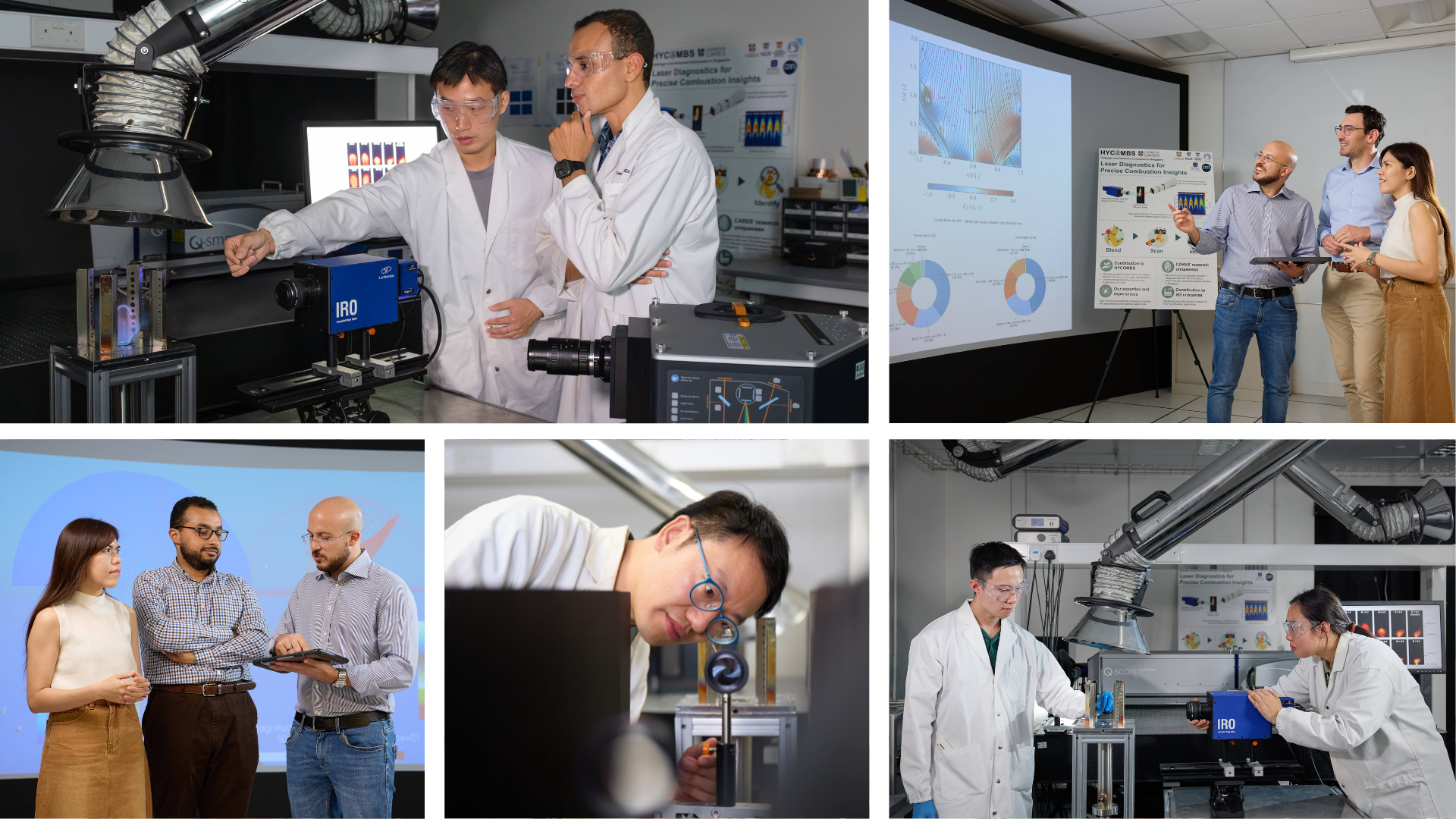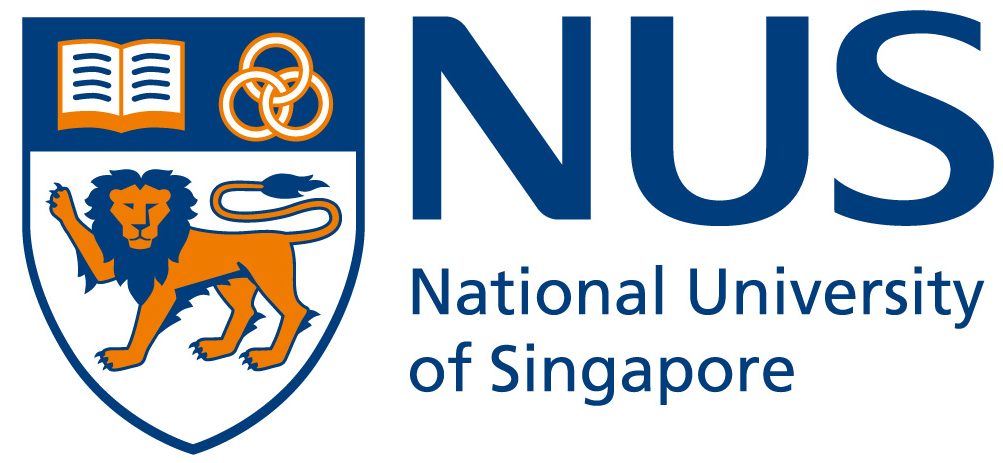Hydrogen and ammonia combustion in Singapore (HYCOMBS)
In the future, Singapore may be importing renewable energy in the form of hydrogen (H2) or ammonia (NH3). These zero-carbon fuels will require the development of new gas turbines (GTs) and internal combustion engines (ICE) used in power generation, aviation, and maritime propulsion.
This project focuses on the combustion fundamentals of hydrogen, ammonia, their blends, and their blends with hydrocarbon fuels. The knowledge acquired in HYCOMBS will enable the penetration of zero-carbon fuels in the Singapore energy system and this will benefit Singaporean industries and residents.
Research areas
HYCOMBS will undertake research in the following areas:
– Refined kinetic experiments to create new and validated kinetic schemes
– Lab-scale turbulent flames
– Experiments with GT combustors at high pressures and with an optical cell
– Detonations and ignitability of leaks
The computational experiments will validate the fuel blends at realistic operation conditions and can be used as a framework to design scaled-up systems computationally.
The lab-scale experiments will offer deeper insight into understanding and controlling the flammability of these fuels, optimising them for the technology they are meant to power. This will involve exploring options such as plasma, staging, and dual-fuel operation. A safety aspect is included to understand the novel regulations when these fuels are used in the real world.
HYCOMBS’ projected impacts to Singapore
This project’s main focus is on knowledge transfer to industry to help the development of technology. The programme partners will also focus on involving industry, through dissemination, and training throughout the project’s lifespan. The knowledge and talent developed within HYCOMBS will aid Singapore in assuming a leading role in zero-carbon fuel utilisation and as a hub for the innovation of new technologies.
Gallery
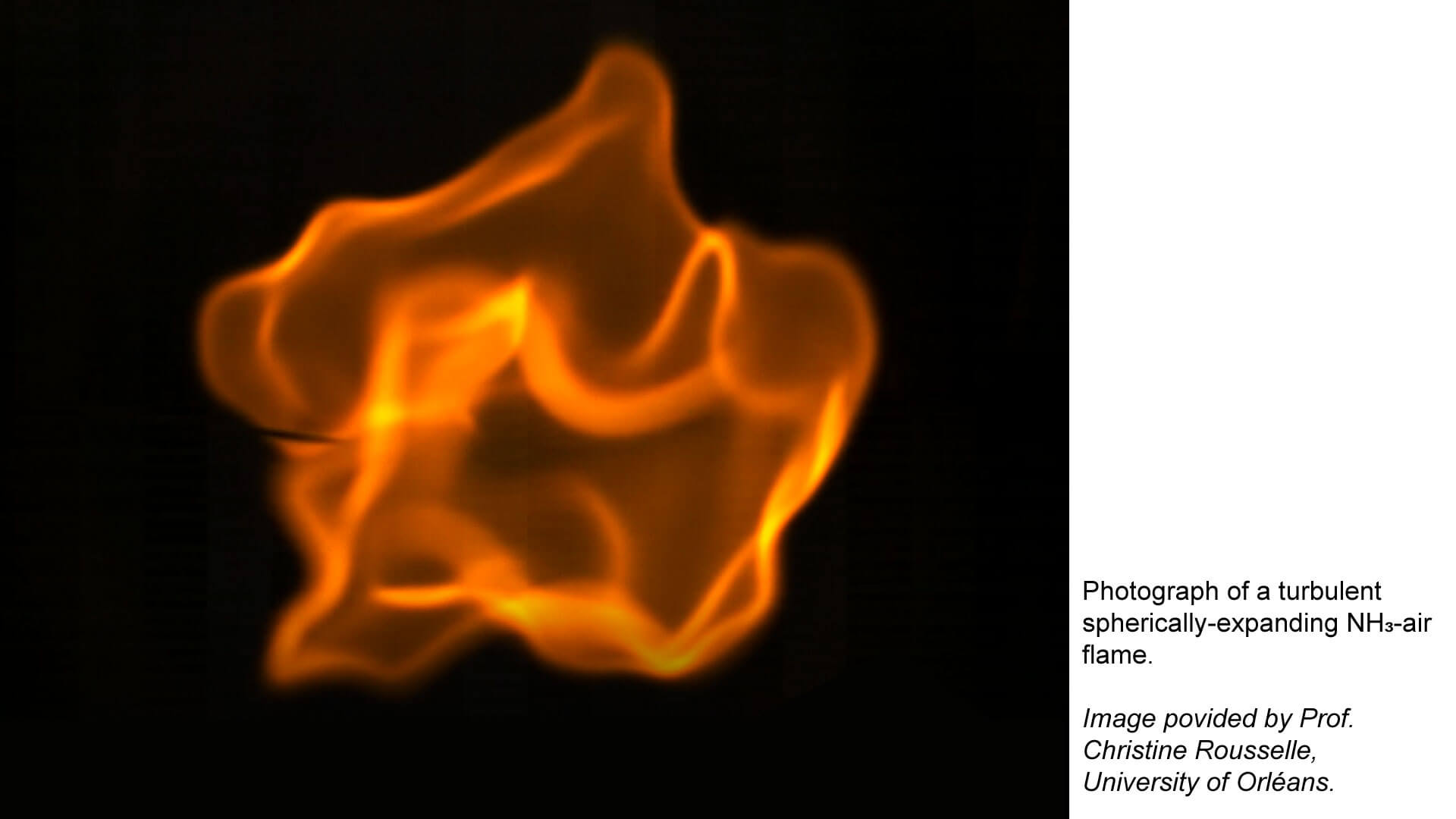
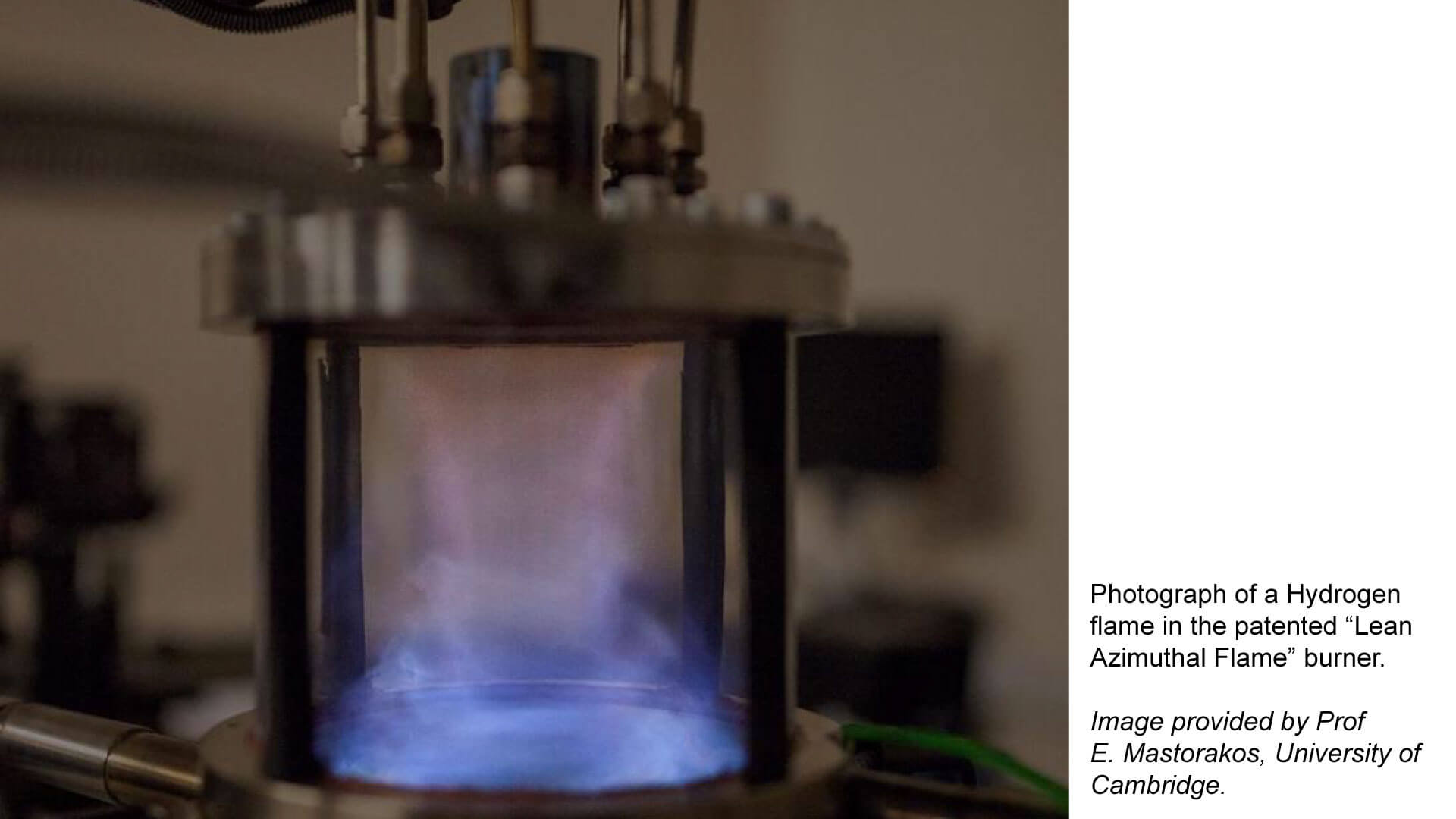
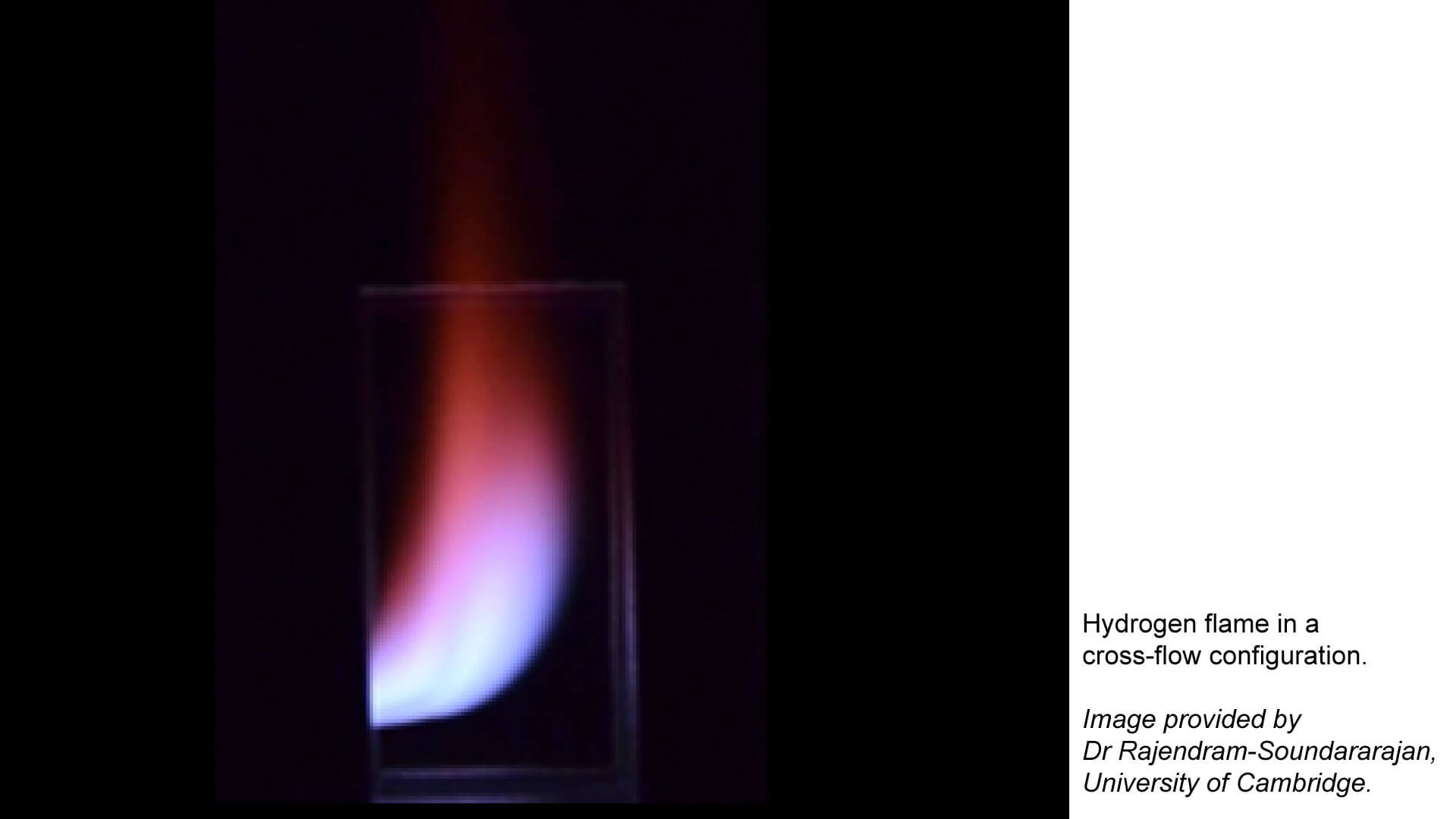
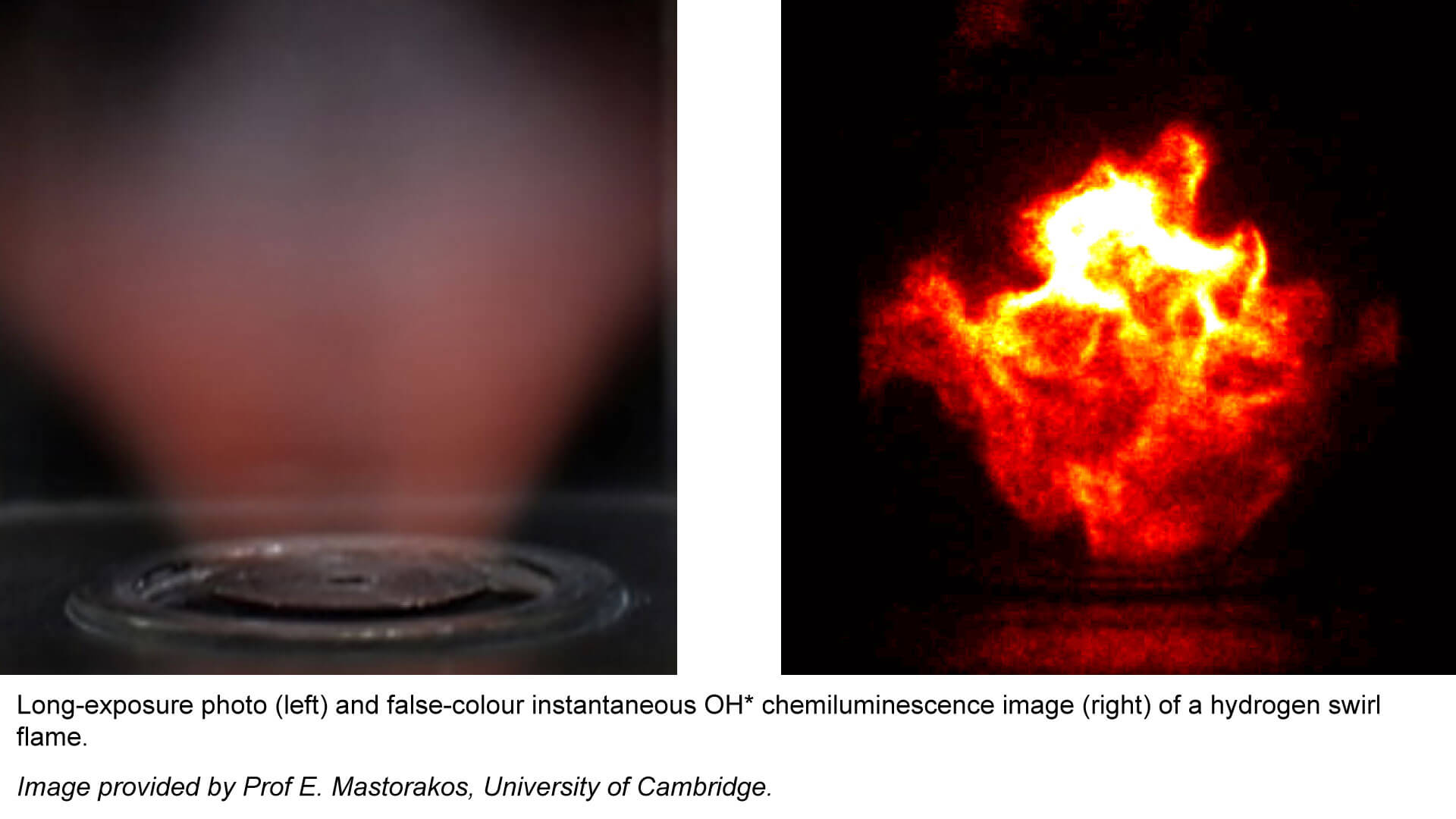
Video: New 100% hydrogen swirl flame in CARES lab
This research is supported by the National Research Foundation, Prime Minister’s Office, Singapore under its Campus for Research Excellence and Technological Enterprise (CREATE) programme. This is one of nine projects supported by NRF’s new SGD$90m CREATE Thematic Programme in Decarbonisation announced in July 2024.

Partners
Host Institution
Cambridge Centre for Advanced Research and Education in Singapore (CARES)

